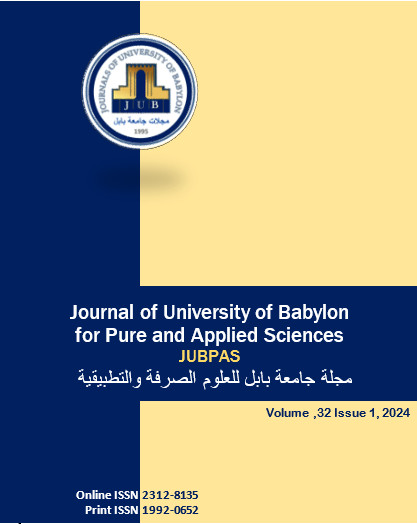Evaluation of Thyroid Function Test in kids with Insufficient Growth Hormone
Main Article Content
Abstract
Background:
The purpose of this study is to demonstrate the effects of thyroid hormone testing and other variable biochemical on childhood growth hormone insufficiency.
Materials and Methods:
There are thirty (30) kids in the growth hormone deficiency group and thirty (30) kids in the control group, ages five to twelve. The demographic data of every participant is documented. Blood samples are obtained for the following types of laboratory analysis: Serum total T3, total T4, and TSH growth hormone levels were measured using kits. While the quantification of fasting blood sugar (FBS),total cholesterol( TC),triglycerides(TG), high density lipoprotein HDL, low density lipoprotein LDL, and very low density lipoprotein VLDL was done automatically.
Results:
While there no statistically significant was difference in FBS, TC, HDL, or LDL between the children with GHD and the control group across the several sets of biochemical data, there is a very noticeable reduction in TT4 and TSH in GH deficient children when compared to the control group. There was no statistically significant difference between the two groups about to TT3 .
Conclusion: The findings lead us to the conclusion that a key contributing factor to children's lack of growth hormone is thyroid hormone imbalance, and that early diagnosis of both the thyroid gland and growth hormone levels in children is crucial to preventing short stature in them.
Article Details

This work is licensed under a Creative Commons Attribution 4.0 International License.
